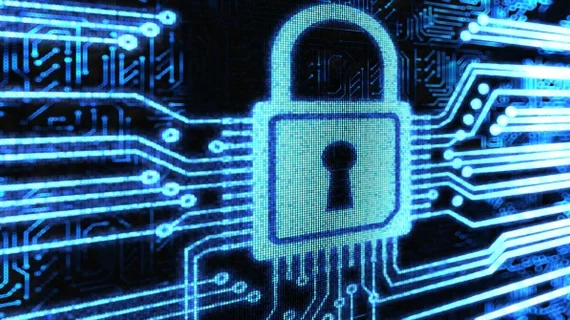Could blockchain be the answer to fraud?
Reports of a Chinese vaccine manufacturer fabricating data about its rabies vaccine data has caused an uproar both in China and internationally. It also has also led many to consider blockchain as a potential answer to fraudulent activity.
Supporters of blockchain use are pushing for adoption in the pharmaceutical industry as a way to ensure every step of a drug’s production and distribution is tracked on a tamper-proof ledger.
Some say vaccine distribution and production is a “public affair” in China, and the vaccine supply chain should be open for all to see. Every detail, from production to the delivery to the end user, in their opinion, should be part of the ledger.
To read the entire story, follow the link below:

